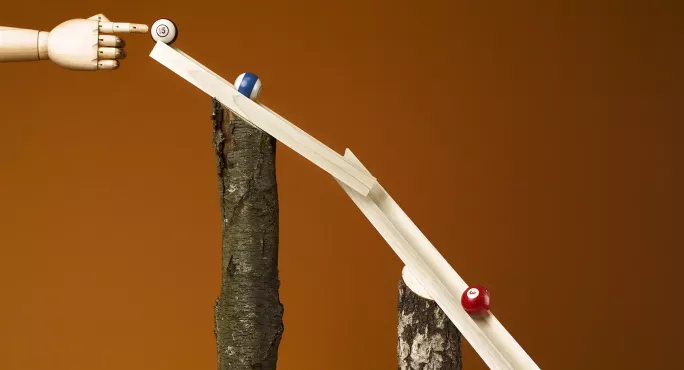Private school fees set to rise by 10% after VAT added

Private school fees will go up by around 10 per cent as a result of the government’s VAT on independent school fees policy, the Treasury has estimated.
In its response to the formal consultation on the policy yesterday, it also forecasted that around 3,000 pupils will be expected to move into state schools before the end of the 2024-25 academic year.
The Treasury’s response comes after chancellor Rachel Reeves confirmed in the Budget the government’s plans to add 20 per cent VAT to private school fees from 1 January 2025.
This is expected to raise more than £1.7 billion a year by 2029-30, the Treasury’s policy costings state.
Additionally, removing private school eligibility for charitable rate relief is expected to raise £90 million a year by 2029-30.
No exemptions for special or arts schools
The government said it would not make any exemptions for special schools or arts and music establishments despite calls from the sector.
It also resisted teaching union calls for the policy to come into effect on a later start date.
In its response, the government also said it expects schools to be liable for VAT amounting to around 15 per cent of fee income after recovery of the levy on costs.
“It will be a commercial decision for individual schools how they fund this additional cost,” the Treasury said, adding that schools will absorb a significant portion of the VAT costs through “various means”.
It also warned that HMRC will be “carefully scrutinising” the details of pre-payment schemes to ensure that schools pay the correct VAT where it is due.
- Budget 2024: What it means for schools
- Latest: Private schools ‘to lose 6% of pupils under Labour VAT rule’
- Exclusive: Guidance on VAT on private school fees ‘confusing’
Both the Treasury and the Office for Budget Responsibility have estimated that 35,000 pupils will move to the state sector as a result of the policy, with around 3,000 expected to move before the end of the 2024-25 academic year.
“Any pressure created by fewer pupils attending private schools will vary from area to area and will interact with other factors impacting state school capacity,” the Treasury said in its response, with other factors including falling pupil rolls.
It added that the predicted increase in pupil numbers in state schools will take place “over several years” and represents a “very small proportion of overall pupil numbers in the state sector”.
The government expects an additional 2,000 private school pupils will leave the sector due to either being international pupils who do not move into the UK state system or pupils who move into homeschooling.
VAT policy will have ‘positive impact’
The Treasury said that the policy will result in “some additional costs on state schools”, which it estimates to be around £300 million.
“Based on average 2024-25 per-pupil funding in England, the government expects the revenue costs of pupils entering the state sector as a result of the VAT policy across the UK and business rates policy in England to steadily increase to a peak of around £0.3 billion,” it said.
However, as the government expects to raise around £1.8 billion per year from these policies by 2029-30, it expects to have a “very significant positive net impact on the Exchequer”.
Special school exemption would carry high cost
Although pupils on education, health and care plans (EHCPs) are exempt from additional VAT, the government has ruled out doing the same for special schools.
“Carving all children with SEND out of this policy would carry a significant cost,” the Treasury warned, adding that doing so would ”undermine” the government’s aim to improve education for state school children.
And while the government said it had ”carefully considered” proposals to exempt special schools, it considers it to be “unfair”.
“In both cases, parents have chosen to send their children to private schools when the state deems there to be appropriate provision in the state sector for these pupils,” the Treasury said.
It also said it is “confident” that local authorities will be able to reclaim VAT, which they will be expected to do when paying for private school places for pupils with EHCPs.
It also said that the policy is consistent with all of the UK’s human rights obligations.
Exclusion of arts schools would be ‘unfair’
Performing arts schools will remain part of the policy to “ensure fairness and consistency across all schools that provide education services and vocational training for a charge”, the Treasury confirmed.
“It is the government’s position, therefore, that carving these schools out of the policy would be unfair to other private schools,” it added.
The government also said that it does not believe that small faith schools will be affected more by this policy than other schools.
For the latest education news and analysis delivered every weekday morning, sign up for the Tes Daily newsletter
Keep reading for just £1 per month
You've reached your limit of free articles this month. Subscribe for £1 per month for three months and get:
- Unlimited access to all Tes magazine content
- Exclusive subscriber-only stories
- Award-winning email newsletters
topics in this article



